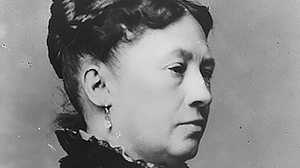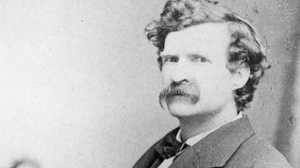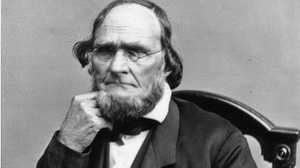Annie Turner Wittenmyer

A hefty inheritance — and a desire to do good — helped Annie Turner Wittenmyer become one of America's foremost female reformers. Born Annie Turner on August 26, 1827, she married a man named William Wittenmyer and moved from Ohio to Keokuk, Iowa, in 1850. Wittenmyer's husband died shortly before the Civil War broke out, leaving her considerable wealth.
Wittenmyer chose to invest her money — and her labors — in the war effort. She became secretary of her local Soldiers' Aid Society and traveled frequently to army encampments. Ambitious about her cause, she launched a statewide system of collecting and distributing hospital supplies. Her organization grew rapidly, and in 1862, she was appointed the state sanitary agent.
In 1863 Wittenmyer was appointed the president of the Iowa State Sanitary Commission. Meanwhile, a rival all-male organization, the Iowa Army Sanitary Commission, was stepping up its attempts to take control of its female counterpart. The two groups feuded during Wittenmyer's presidency. Charged with mismanagement of her organization, she successfully refuted the accusations. Still, the damage was done, and in May of 1864, she left the Commission.
Wittenmyer nevertheless continued her relief work. With support from the United States Christian Commission, she realized her dream of installing special dietary kitchens in army hospitals. The first was created in Nashville, Tennessee. Other women, under her guidance, installed more kitchens. Her efforts proved to be a success and by the end of the Civil War, the male-dominated army medical department incorporated Wittenmyer's idea.
Wittenmyer switched courses in 1873, when she threw her support behind the temperance, or anti-alcohol, cause, as had other female reformers like mary Livermore. Wittenmyer attended the convention that formed the Woman's Christian Temperance Union (WCTU) and was nominated its first president. Politics soon split the organization, however. Wittenmyer's reluctance to incorporate the cause of woman sugffrage into the WCTU caused her to lose her presidency to Frances Willard in 1879. Wittenmyer went on to form the Non-Partisan Woman's Christian Temperance Union, an organization that took temperance as its only cause.
From 1889-1890, Wittenmyer served as president of the Woman's Relief Corps and sought to bring recognition to the efforts of women in the Civil War. In 1892 she lobbied Congress for a bill that would grant pensions to former Civil War nurses. She was rewarded for her hard work when Congress granted her a pension at the age of 71. She died two years later, on February 2, 1900, in Sanatoga, Pennsylvania.







